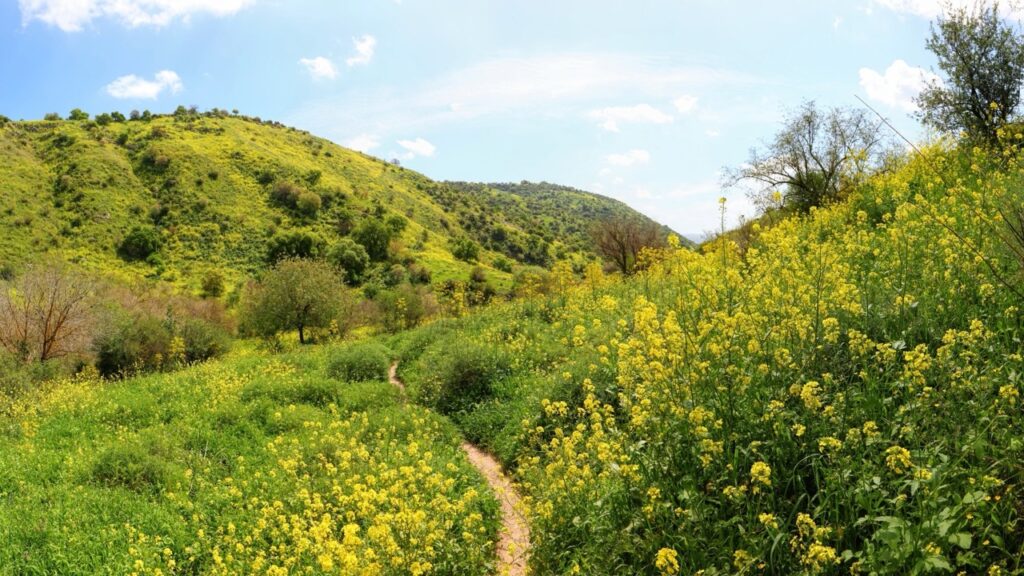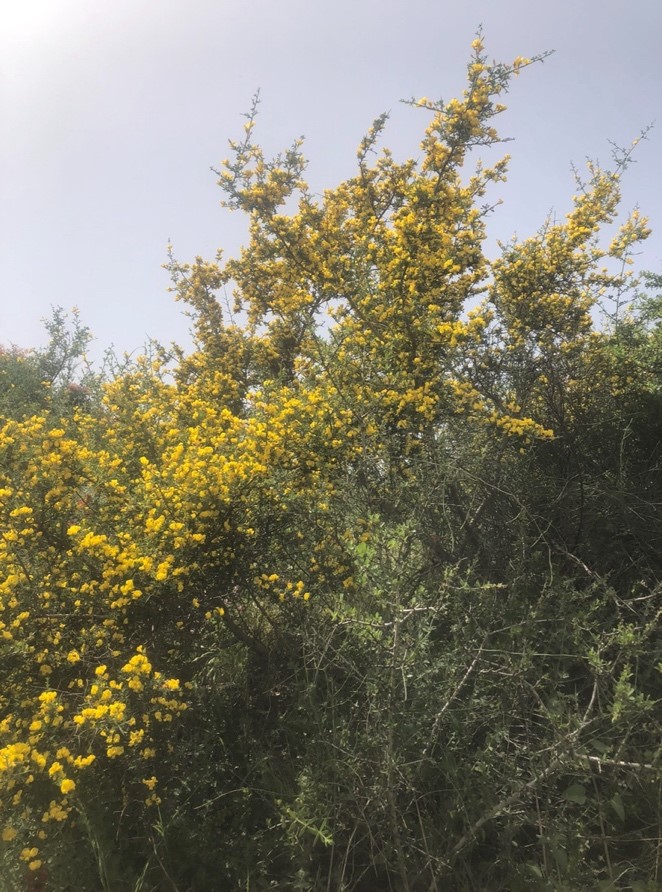Mustard Seeds and Mulberries

“Take heed to yourselves: If thy brother trespass against thee, rebuke him; and if he repent, forgive him.And if he trespass against thee seven times in a day, and seven times in a day turn again to thee, saying, I repent; thou shalt forgive him. And the apostles said unto the Lord, Increase our faith. And the Lord said, If ye had faith as a grain of mustard seed, ye might say unto this sycamine tree, Be thou plucked up by the root, and be thou planted in the sea; and it should obey you.” Luke 17:3-6
A Lesson on Faith
Jesus loved to use examples from the nature that He created. He also liked to make thought-provoking statements, such as this one in Luke. If we have faith as small as a grain of mustard seed, we can order a sycamine tree to be plucked up by the roots and to be planted in the sea. This provokes a question: why would I want to do that? In a parallel passage, He said that having faith as a grain of mustard seed would enable us to move mountains, which has obvious uses in our lives. But why would we want to do this to a tree? Wouldn’t planting it in the salt water of the sea kill it? However, if we examine this enigmatic passage closely we can learn a lesson from Jesus about faith and forgiveness.
The sycamine tree in Luke should not be confused with the similarly named sycamore. Instead, preeminent Israeli botanist Michael Zohary identified the tree in Luke as the black mulberry. The black mulberry is an invasive species from around the Caspian Sea and it was introduced into Israel in ancient times. The tree reaches up to thirty feet in height and produces a bitter, barely edible fruit. It has the deepest root system of any tree in the ancient near east, reaching depths of more than thirty feet. This enables it to thrive in the harsh climate of Israel in areas with uncertain rainfall. The deep roots also make it nearly impossible to eradicate. If it is cut down to the ground, it will spring back up in the same place from the roots. If one starts growing near a cistern or well, its roots will push their way in and consume large amounts of water. The owner of the water source has to dig the roots out of the sand and rock, which is a backbreaking job. Even then it will come back if a small amount of the roots are left behind.
A Lesson on Forgiveness
Jesus was speaking to His apostles, but He was also speaking to us. He showed us by this illustration that if we just have a small amount of faith in Him, we can uproot this invasive tree by the roots. Planting the tree in the sea will remove it from our lives, and kill it. But what is the sycamine tree, the black mulberry in this passage? In context, Jesus is talking about offenses, and forgiving our sinning brothers in Christ. If our brother repeatedly sins against us, we are to forgive him when he repents. Jesus used the black mulberry tree to show us that we should not let resentment take root. However, when it does, asking Christ for help in faith will uproot the bitter, invasive tree from our lives. It is easy to harbor anger against a brother who repeatedly sins against us. Beyond that, forgiving a person repeatedly can be difficult. Anticipating this, Jesus pointed toward the sycamine tree to show us that it does not have to be that way. We can forgive in faith and be free of the deep roots of a lack of forgiveness.
Christian, who do you need to forgive? Who is that brother, that sister, against whom you are holding a grudge? If they have repented and asked you for forgiveness, I urge you to ask God for the faith to remove the sycamine tree from your soul. It does not belong in your life, it belongs in the sea. What is a grueling and borderline impossible job on our own can be done through Him with just a word. Will you pray and ask Him for the faith to forgive? Will you ask Him to grant you a mustard seed of faith to uproot the invasive black mulberries from your life?
“Follow peace with all men, and holiness, without which no man shall see the Lord: Looking diligently lest any man fail of the grace of God; lest any root of bitterness springing up trouble you, and thereby many be defiled;” (Hebrews 12:14-15)

Mustard bush growing wild in Ne’ot Kedumim in Israel. These plants can grow up to ten feet tall, and are common sights throughout the Mediterranean basin. The famously small seeds are about 1 millimeter in size and are used in cooking. Photo by John Buckner.
Discover more from Enjoying the Journey
Subscribe to get the latest posts sent to your email.




